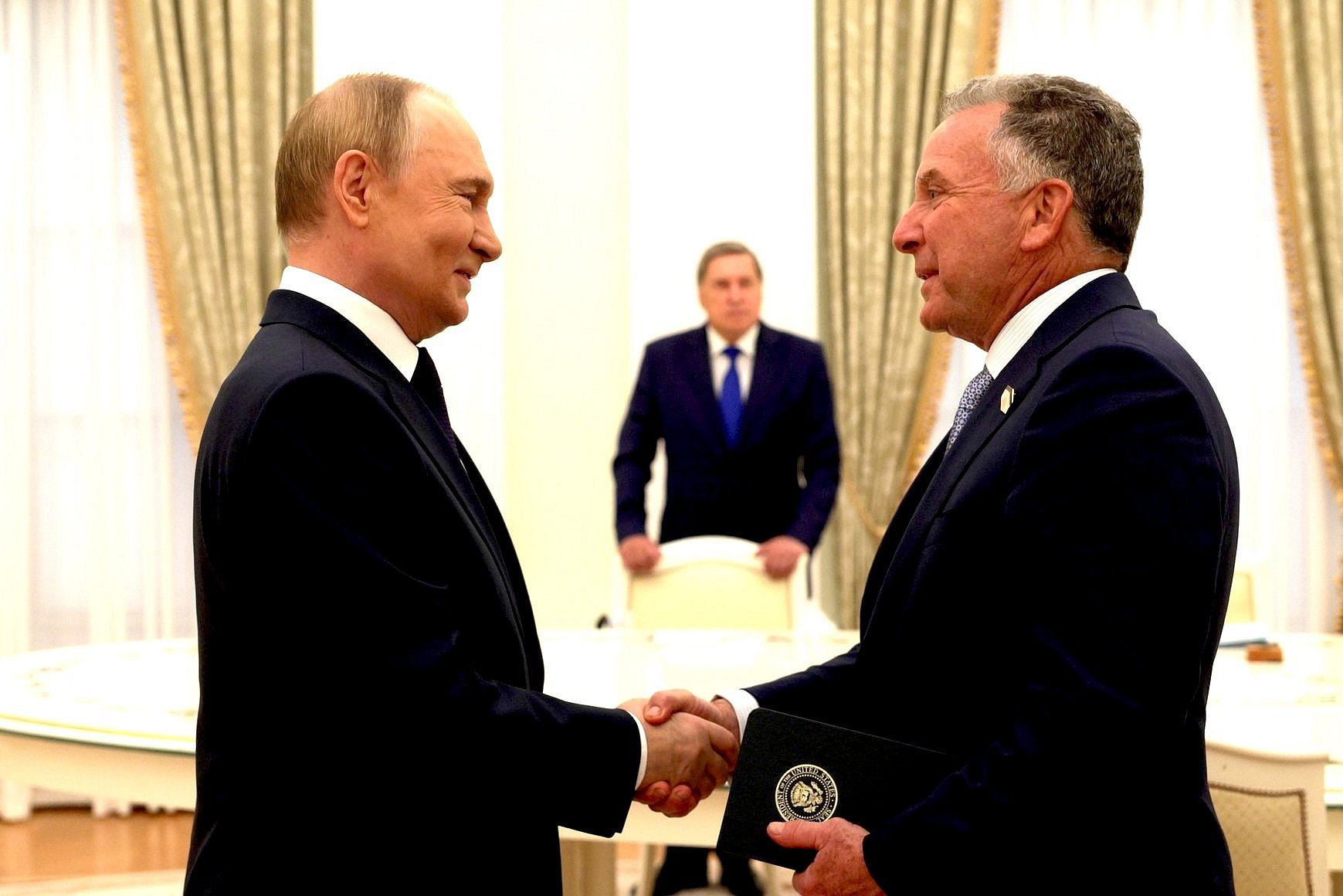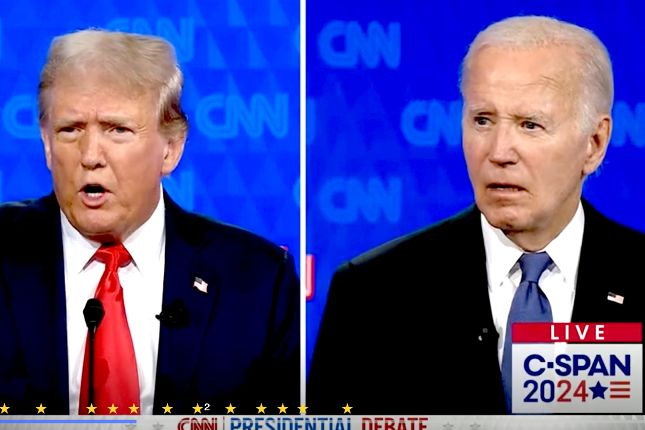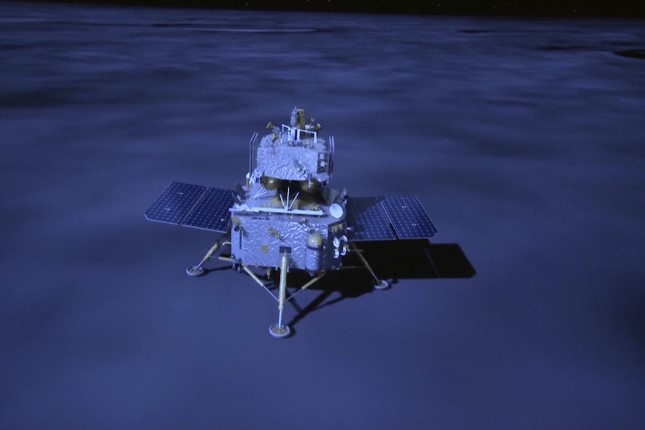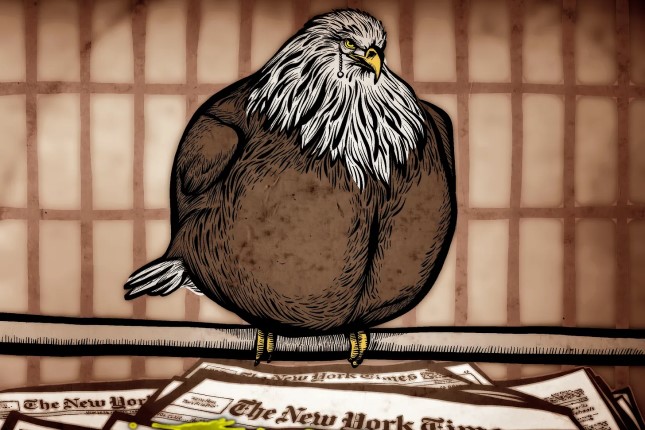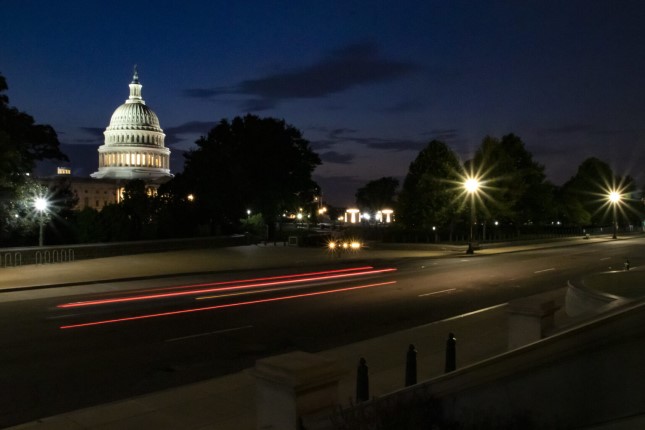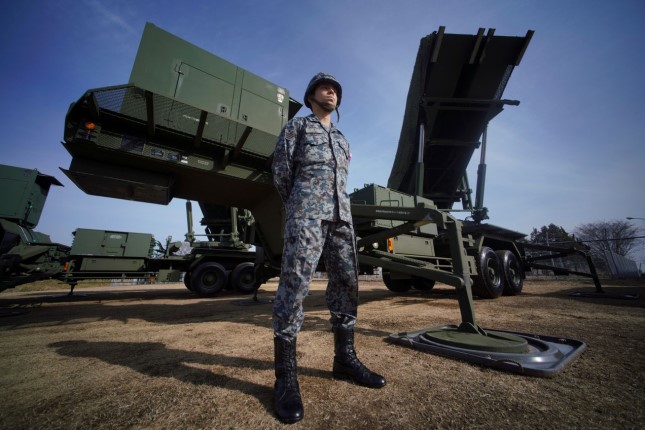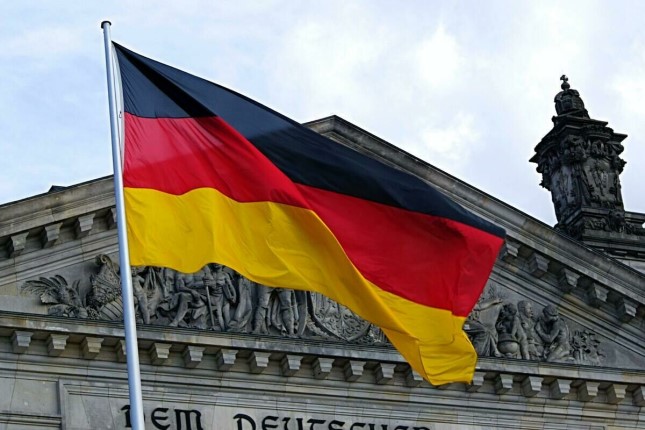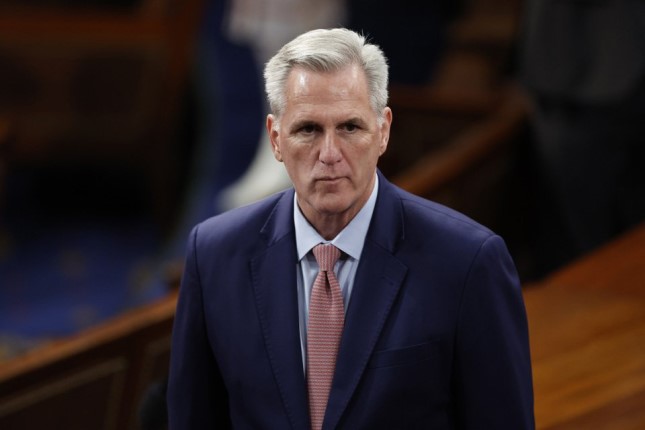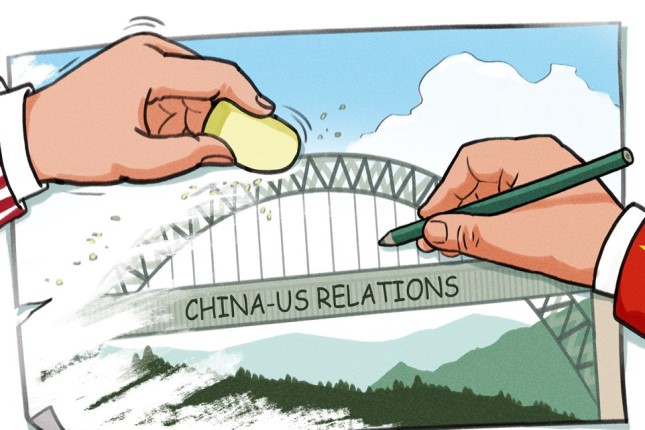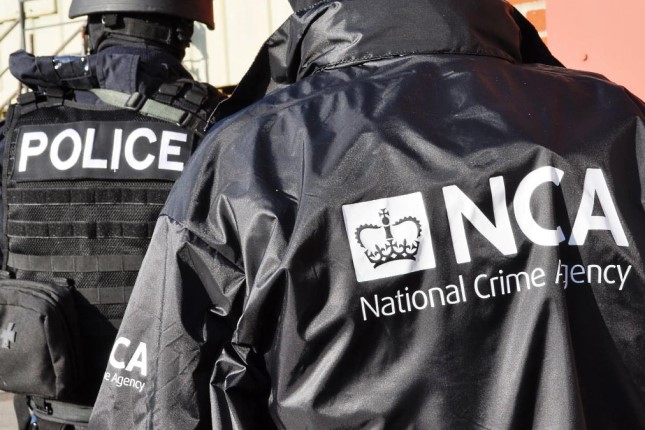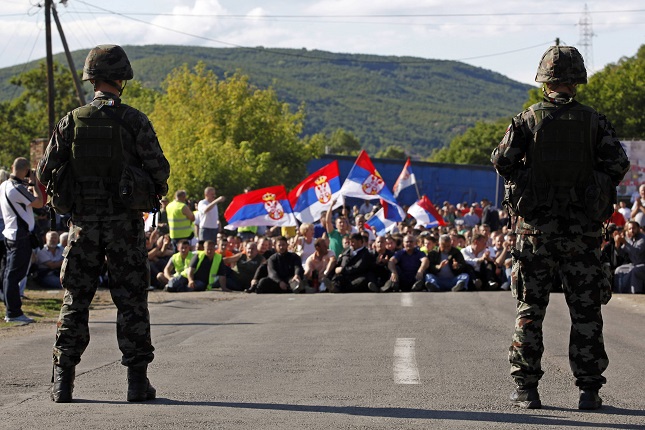How are the Russians approaching Friday’s summit with President Donald Trump? The short answer? With confidence, curiosity, some nervousness and a modicum of hope – despite the mercurial behavior of President Donald Trump.
This can be gleaned from applying the methodology of Kremlinology/media analysis – a discipline that seems to be an endangered species.
Trump had foolishly set a deadline of Aug. 8 for Russia to end the war in Ukraine, or else! It was a hollow threat, brandishing “bone-crushing” sanctions that were doomed to failure and embarrassment.
Two days before the latest deadline, Steve Witkoff, Trump’s envoy, arrived in Moscow to ask Russian President Vladimir Putin to help bail Trump out. Voila: There is to be an early summit — forget the sanctions!
It took Witkoff three hours to get Putin to agree to the summit. No doubt Witkoff had sweeteners for Putin; we may know more about that tomorrow.
But Trump’s climbdown on the misbegotten sanctions, and breakthrough of Ukrainian fortifications in Donetsk, may have been enough to prompt Putin to agree to meet – and size up – second-term Trump in person.
Would Trump, at long last, be able to understand and take into account the realities on the ground in Ukraine?
Ukraine Must Take Back Seat to Rapprochement
The all-important backdrop, lost on many observers, is that Moscow’s fundamental, overriding aim is to improve relations with the U.S. I do not expect readers to take my word for it, but this might help. Here’s what Yuriy Ushakov, Putin’s right-hand man on Ukraine, gave pride of place to at the start of the readout from the Putin-Witkoff meeting:
“This meeting took place in a business-like atmosphere and was quite constructive. … The discussion focused on … resolving the Ukraine crisis. Once again, it was noted that Russia-US relations can be placed on a totally different, mutually beneficial footing, which would be in stark contrast with the way these relations have evolved in recent years.”
Why should that surprise? Putin sees a possibly educable president who says he wants to deal; who keeps saying “this is Biden’s war;” who wants to claim credit for ending the killing; and, not least, is smart enough to realize he has been given a very poor hand to play.
Vladimir Putin
On March 27, while visiting a submarine in Murmansk, Putin was asked by a petty officer about talks between Russia and the U.S. Putin’s reply is typical of the attitude he has expressed on several occasions this year:
“The president of the United States sincerely wants to end this conflict for a number of reasons – I won’t even [list them] now, there are many. But, in my opinion, this is a sincere desire. … We are in favor of solving these issues by peaceful means, but also in the elimination of the root causes that led to today’s situation. We need to ensure security for Russia for a long historical perspective. Any step directed to solve this problem we will welcome, and we will work with any partner who aspires to do so.”
Foreign Minister Lavrov
Sergey Lavrov has said some more tantalizing things on prospects for better relations, but old-pro Lavrov does not negotiate via the media. On July 11, the Russian foreign minister was asked about his 50-minute talk with Secretary of State Marco Rubio on the sidelines of the just concluded Association of Southeast Asian Nations (ASEAN) meeting in Malaysia.
Question: “Yesterday, after a meeting with you, U.S. State Secretary Marco Rubio said a new plan for Ukraine had been discussed. Which side proposed new approaches, what are they about, and what makes them fundamentally different from the previous ones? Are U.S. weapon supplies also part of the plan?”
Lavrov: “I will use President Trump’s words to answer your question ‘I’m not going to tell you. We are going to have a very big announcement to make.’ I’m not sure about a ‘big announcement,’ though, but you, as someone familiar with the diplomatic work and who often accompany us in our travels, know that there are things that are not commented on. Yes, we discussed Ukraine. …”
Rubio was less tight-lipped. He said the U.S. and Russia exchanged new ideas for Ukraine peace talks after he met with his Russian counterpart in Malaysia. “I think it’s a new and a different approach,” Rubio told reporters after talks with Lavrov.
“I wouldn’t characterize it as something that guarantees a peace, but it’s a concept that, you know, that I’ll take back to the president. We need to see a roadmap moving forward about how this conflict can conclude. And then we shared some ideas about what that might look like. We’re going to continue to stay involved where we see opportunities to make a difference.”
Deputy Foreign Minister Sergey Ryabkov
On Aug. 10, Deputy Foreign Minister Sergey Ryabkov, in an interview with Rossiya-1 TV, noted that “some sprouts of common sense are appearing in the dialogue with the U.S., which have been sorely lacking in recent months and years.”
Sprouts? This brought to mind what Putin said after his June 16, 2021, summit with former U.S. President Joe Biden in Geneva.
Asked if he had reached “a new level of trust” with President Biden, Putin quoted Leo Tolstoy:
“Tolstoy once said, there is no happiness in life, only lightening flashes of it — cherish them. I believe that in this situation some kind of family trust is not possible. However, it seems to me we have seen ‘lightening flashes’ of it.”
Putin was only too aware that the Military-Industrial-Congressional-Intelligence-Media-Academia-Think-Tank complex (MICIMATT) and other domestic political forces, have amply demonstrated their ability to poor cold water on many a hopeful “lightening flash.” For those interested in a fledging U.S.-Russia rapprochement, one can but hope that — as in nature – sprouts prove to be more long lasting than sparks.
Flexibility
I offer the above to suggest there is reason to expect some flexibility on the margins of the basic terms Putin set down in June 2024. If you believe, as I do, that Moscow wants to avoid creating its own Vietnam by going West of the Dnepr, you can foresee that Putin may eventually show enough flexibility to allow Trump to claim they “worked it out together.” It would be a “negotiated solution,” applying copious lipstick to the pig of actual defeat for U.S./NATO/Ukraine.
That kind of flexibility could also set the stage for eventual Russian agreement to a limited ceasefire, perhaps in return for a definitive NO to NATO membership for Ukraine, together with a promise to cease all military and intelligence support for Kyiv once and for all.
This was my best guess when TASS interviewed me several days ago. Guess is the key word. I would also guess that working groups on arms control issues may be created tomorrow.
Trump: Paragon of Unpredictability
Yogi Berra’s quip about how tough it is to make predictions — especially about the future — applies to Trump in spades. And in his case the future includes today and tomorrow. It is small solace that there does seem to be mutual agreement to meet again, next time in Russia.
Sadly, media analysis cannot provide much help, because there is no discipline. Suffice it to add that I believe Putin is correct in thinking Trump is “sincere” in trying to put “Biden’s war” behind him.
The Russians are also painfully aware of the formidable obstacles in his path toward rapprochement. If further fog were needed, State Department spokesperson Tammy Bruce told the media yesterday that the Friday summit is “not a negotiation” (sic). (I pity the Russian intelligence briefer whom Putin asks to interpret that remark.)
Is It Just Me?
A comment beneath a comment I posted on X yesterday helped put things into better, wider perspective. “
“@LastBloomer” asked: “Hey Ray: is it just me? I am getting the vibe that the Financial Times is pining for a Trump failure. It is a win when leaders of nations can meet & discuss the cessation of war, is it not?”
Source: Consortium News.
